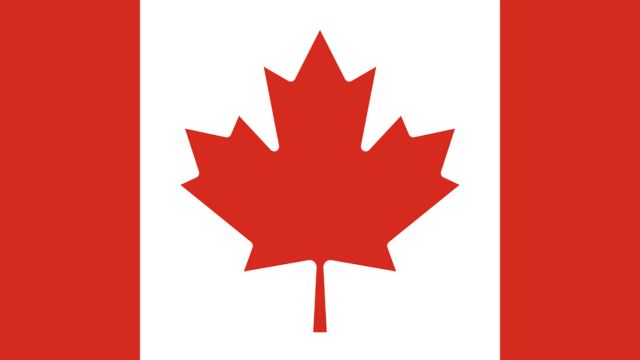By Clara Linconhol
The United States is seeing a sharp decline in Canadian visitors this year, with Michigan among the states feeling the effects.
According to Statistics Canada, every month in 2025 has seen fewer Canadians traveling to the U.S. compared to 2024. Last month, the number of Canadians entering the U.S. by car was down 34% from August 2024.
Local businesses in Metro Detroit have noticed the impact. “Tourism from Canada to Southeast Michigan is down in 2025 and has had a challenging impact on our local attractions,” said Brett McWethy, senior director of communications at Visit Detroit. He emphasized that maintaining a positive relationship with Canadian visitors is vital for the region’s economy.
A survey conducted earlier this year by the Association of Canadian Studies found many Canadians now view the U.S. as unsafe or unwelcoming. Factors cited include stricter border scrutiny, higher U.S. tariffs on Canadian goods, and combative rhetoric from President Donald Trump.
“America wants our land, our resources, our water, our country; these are not idle threats,” said Canadian Prime Minister Mark Carney during his election night victory speech. “President Trump is trying to break us so America can own us. That will never, ever happen.”
Studies by the World Travel and Tourism Council and Tourism Economics predict the U.S. will lose $25–$29 billion in 2025 due to reduced international tourism. Canadians accounted for one-quarter of all international visitors in 2024, according to the U.S. National Travel and Tourism Office.
Michigan’s four land border crossings with Ontario are showing notable declines. Traffic on the International Bridge between Sault Ste. Marie, Michigan, and its Canadian counterpart is down 24% so far this year, while the Ambassador Bridge in Detroit has seen a 15% drop. The Detroit-Windsor Tunnel and the Blue Water Bridge at Port Huron have each experienced smaller declines of about 2%, according to the Bridge and Tunnel Operations Association.
However, Matthew Slotwinski, CEO of the Sarnia-Lambton Economic Partnership, said the Blue Water Bridge’s decline would be greater if commercial traffic were excluded. He attributed the drop in visitors to political tensions. “Comments about Canada becoming the 51st state have not fallen well on the Canadian public,” he said. Stories of border harassment and stricter security have further discouraged cross-border trips, particularly for shopping.
“People traditionally crossed for a case of beer, a tank of gas, or groceries at Meijer,” Slotwinski said. “Now they aren’t, and that’s hurting cross-border traffic and local economies.”
Tom Nemacheck, executive director of the Upper Peninsula Travel and Recreation Association, said the economic impact is most pronounced near border crossings. Canadian tourism in the Upper Peninsula as a whole remains relatively low because many Canadians opt for destinations closer to home. Still, he noted the decline at the Sault Ste. Marie bridge is significant.
“It’s remarkable to think that the bridge has seen steady growth in traffic since it opened in 1962,” Nemacheck said. “It’s sad to see the trend reverse.”













